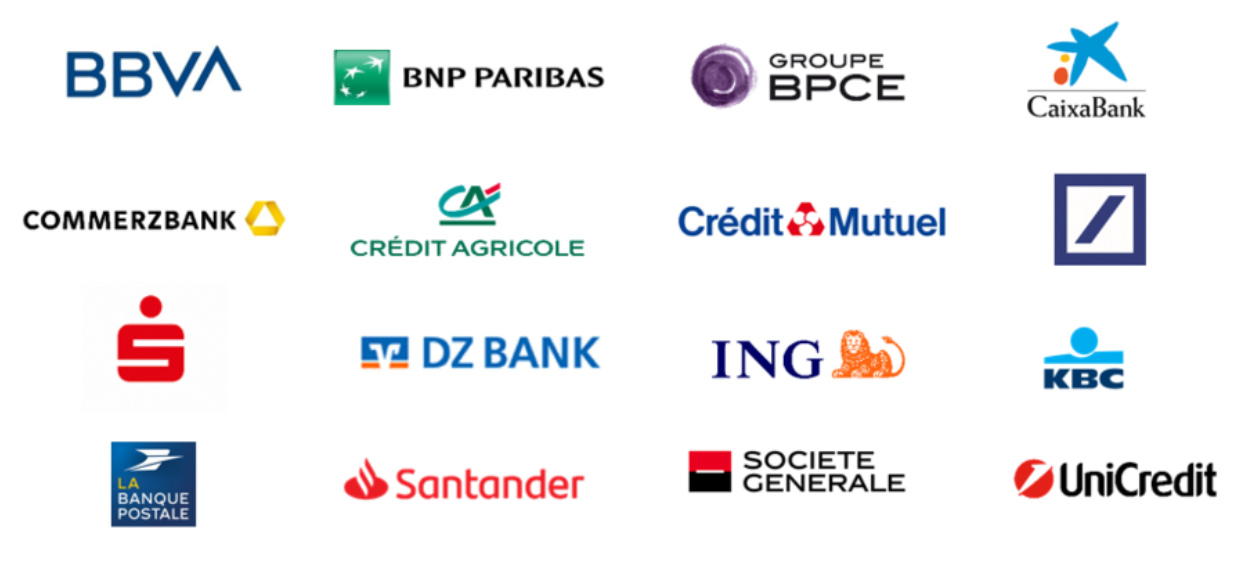
Marius Galdikas, CEO at ConnectPay, is ringing alarm bells about the European Payments Initiative, which has the ambition to become the new standard of payments for European consumers and merchants in all types of payment transactions.
Back in July, 16 Eurozone banks from five countries—Belgium, France, Germany, the Netherlands, and Spain—presented the idea of a unified payment solution for consumers and merchants across Europe – the European Payments Initiative (EPI).
Already described as a “timely initiative”, it aims to decrease existing market fragmentation, as well as increase Europe’s independence in the global payments market.
Although the idea got a warm welcome from the regulatory authorities, Marius Galdikas, CEO at ConnectPay, draws attention to a few two-fold nuances on the subject that need to be more thoroughly discussed before the solution is fully operational.
In 2019, the European Central Bank report outlined that for the past two decades, various market players have striven for payments’ unity across Europe.
Harmonisation of card payments is still lagging
With the launch of the Single Euro Payments Area (SEPA) initiative, there has been significant progress concerning credit transfers and debit debits, however, the harmonisation of card payments is still falling behind.

US Tariffs are shifting - will you react or anticipate?
Don’t let policy changes catch you off guard. Stay proactive with real-time data and expert analysis.
By GlobalDataTo top it off, at the moment there are 10 European countries that still do not accept cards from other EU member states.
Currently, the pan-European access of national card schemes are dependent on international card schemes, such as Visa or Mastercard. This has led European PSPs to have little impact on the market’s further development.
The EPI could provide long-sought-after sovereignty from the industry’s predominant players, as well as give payment providers more control over the questions of cost, competition, and governance.
Questions about how new members will be welcomed into the EPI network
ConnectPay CEO, Marius Galdikas, commented:
“Having a more tangible impact on Europe’s payment landscape would place the continent in a more established competitive stance and strengthen its resiliency against the influences of the currently predominant market players.
“At the same time, newly-obtained independence would come with a set of issues, which could heighten competitiveness among partner banks, for example, the question of interchange fees, as currently, even though capped by the IFR, they are set by Visa or Mastercard.”
Another aspect that needs to be thoroughly discussed is how new members will be welcomed into the EPI network. According to M. Galdikas, if the EPI successfully fulfills – or even surpasses – current expectations, its new-found value should pique the interest of other potential member states.
However, there are risks that they might be imposed unreasonable terms, as to retain the associated value of the network to a close-knit circle. Thus, it is important to ensure any governance-related matters remain closely monitored, especially after the initiative had been fully set in motion.







